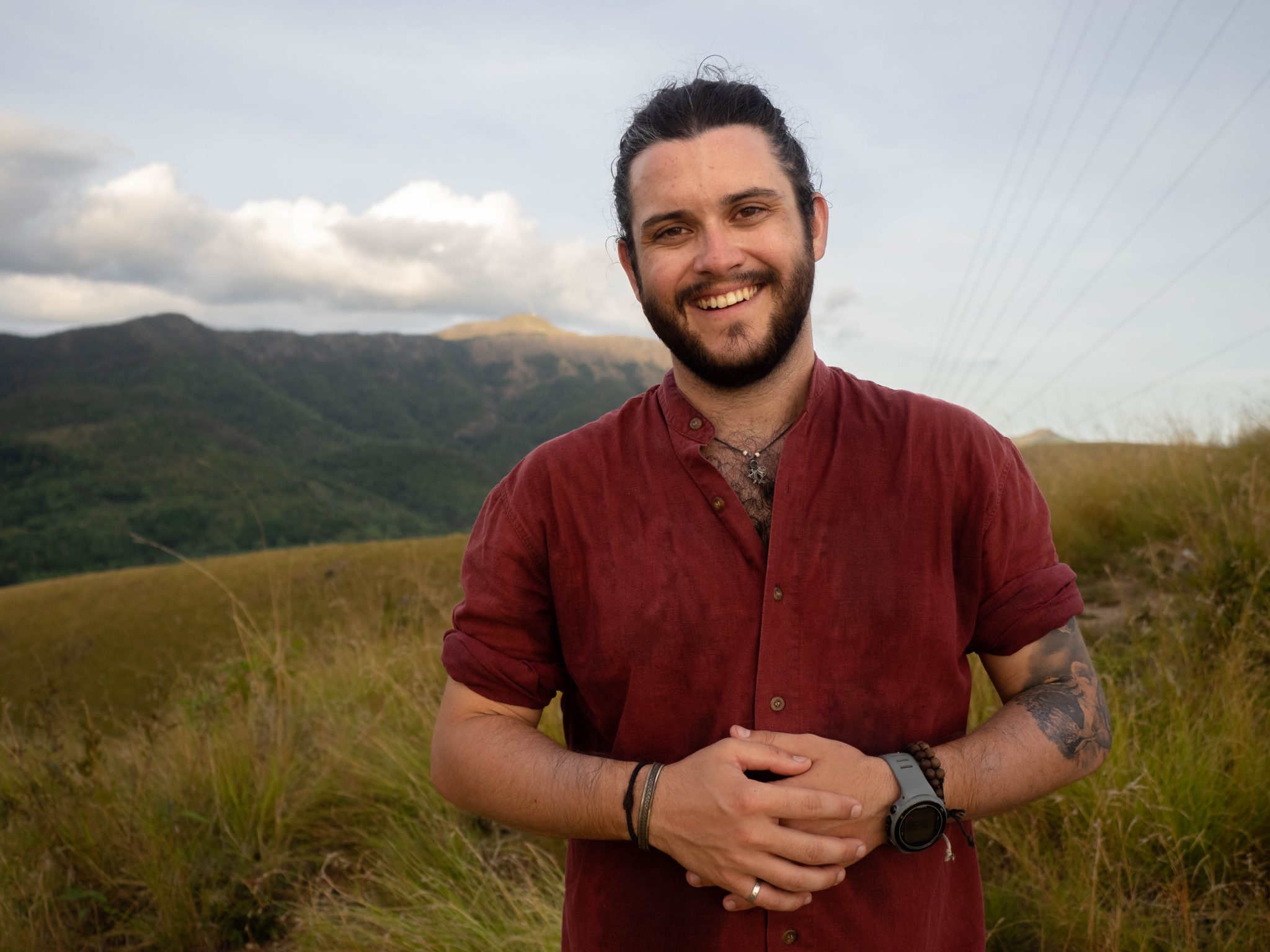
Timur Jack-Kadioglu is a marine social scientist with experience working with and researching in tropical coastal communities in East Africa and Southeast Asia, and considers himself a hybrid researcher-practitioner. He is currently writing up his PhD research with the University of Exeter, working on the interdisciplinary Blue Communities Programme, and has just joined the Conservation, Livelihoods and Governance team of the conservation organization Fauna & Flora International (FFI). Much of his research and practice has been shaped by the two years he spent working for a grassroots NGO on the Zanzibar Archipelago of Tanzania called Mwambao Coastal Community Network. The diverse rights and values of small-scale fishers (SSF) and coastal communities guide the work he does, as well as his advocacy for their recognition and inclusion in governance and decision-making.
Q1: What are you currently working on within the context of small-scale fisheries?
His academic research explores the contestations and conflicts that have arisen through livelihood development in a peripheral small-scale fishing community in Palawan, the Philippines. Timur examines how different members of communities draw on social differences, social relations, and discourses of suffering, morality and justice to claim legitimacy for different livelihoods and resource access, in the context of increasingly marketised and enclosed ocean and coastal spaces. His work seeks to engage with the narratives of marginalised groups, and considers the role of power and politics in driving inequity, exclusion and violence towards small-scale fishers, and how this exacerbates resource degradation.
Q2: If you could single out one or two most significant factors for securing sustainability of small-scale fisheries, what would these factors be?
Timur believes that the two single biggest factors for securing sustainability of small-scale fisheries are: 1) recognition of the rights and values of SSF across different scales of governance, especially in the context of the Blue Economy; and 2) a post-Covid-19 recovery that can reshape and redistribute inefficient and inequitable seafood trade dynamics and value-chains to have greater emphasis on food sovereignty and the cultural values fishing.















